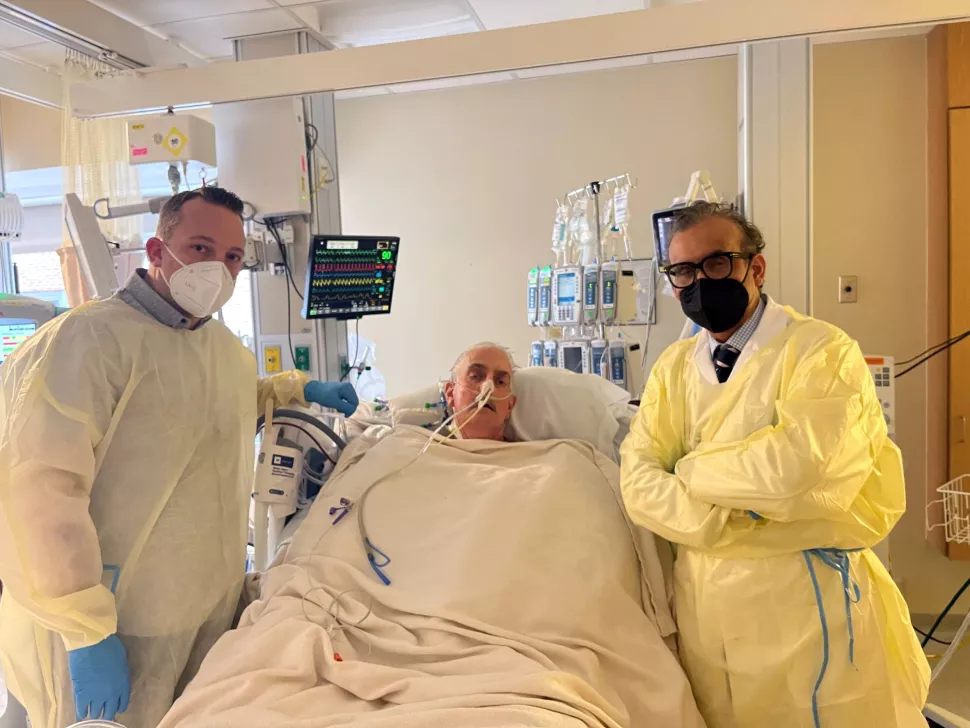A pig virus may have played a role in the death of a man who received the first swine heart transplant.
According to news sources, a pig virus may have led to the death of a man who got a revolutionary pig heart transplant. David Bennett Sr., 57, died on March 8, two months after undergoing pig-heart transplant surgery. The heart utilized in the transplant came from a pig whose heart had been genetically engineered to make it more immune system friendly.
According to MIT Technology Review, DNA from porcine cytomegalovirus, a virus that infects pigs, was identified in the patient before to his death by Dr. Bartley Griffith, director of the Cardiac Transplant Program at University of Maryland Medical Center, who conducted the transplant.

“We’re starting to figure out why he died,” Griffith said in an April 20 webinar about the transplant, according to MIT Technology Review. The virus “could have been the actor, or could have been the actor” who “started it all.”
Doctors tested the pig’s heart many times for the infection. According to The New York Times, such tests only detect active infections, not latent infections, in which the virus “hides” in the body without actively multiplying.
Blood testing revealed low quantities of swine cytomegalovirus DNA in Bennett’s body 20 days after the transplant, according to the Times. Doctors initially suspected a laboratory error. Bennett got quite sick 40 days following the transplant, and testing revealed a dramatic increase in viral DNA levels in his blood, according to the Times.
Porcine cytomegalovirus is a pig-specific virus that is not thought to infect human cells. However, it’s possible that the virus reproduced out of control in the pig’s heart without the immune system’s ability to stop it. According to MIT Technology Review, this may have triggered an inflammatory response in the patient.
“Was this a factor in the patient’s death? We don’t know the answer, but it could have contributed to his overall poor performance “Bennett’s transplant was not done at Massachusetts General Hospital, according to Dr. Jay Fishman, associate head of the transplantation center.
The Times reports that more sensitive animal screening procedures will be required to prevent the transmission of such viruses in future animal-to-human transplants.
